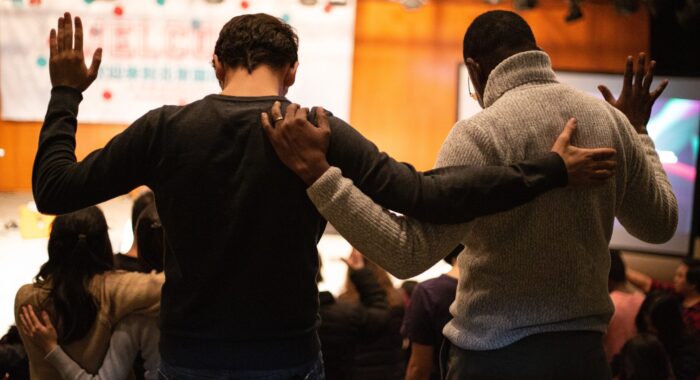Governments derive their authority from the consent of the governed. While our federal and state constitutions do enumerate certain fundamental rights to be interpreted and enforced in the courts, the judicial branch does not have license to “make up” so-called rights that appear nowhere in the text or history of the constitution. That would be an act of judicial usurpation, an aggrandizement of power by the judiciary to which “we the people” have never consented.
Judicial usurpation was the concern of many good people, including evangelicals, when the judges of the Supreme Judicial Court of Massachusetts held last November 18th that the state constitution guaranteed homosexuals the right to marry. That shocker came on the heels of the U.S. Supreme Court’s ruling last summer that the guarantee of liberty in the due process clause of the federal constitution did not permit a Texas statute outlawing acts of homosexual sodomy. The moral census of the people that homosexual acts are immoral was insufficient reason, said six justices of the High Court, to uphold the anti-sodomy law that had been a part of the Texas legal code since the nineteenth century.
Law is a moral teacher and in a representative democracy it is inevitable that laws will reflect the moral and social views of the majority. We, of course, do have fundamental rights such as freedom of speech and the free-exercise of religion, as well as equality interests so that all are treated fairly by their government regardless of race. And courts are charged with overturning legislation that violates these expressed rights and equality interests. But judges are not suppose to concoct “new rights,” said to be found in the constitution, but which reflect little more than the justices’ own personal preferences. In one sense, we have been living in an era of personal-preference lawmaking by judges since the Supreme Court in Roe v. Wade (1973), held that states could not protect the unborn when the pregnant woman, for any reason, did not want her baby.
Laws change, of course, as the needs of society change. But in a representative democracy these changes are to take place in our elected representative bodies, that is, our state legislatures and Congress. That way, if the people do not agree with the direction of the legislative branch then citizens can elect new senators and representatives that better reflect their wishes. Not so with the courts, where judges are typically not elected and serve for life. There are remedies to this problem. We can offer an amendment to the constitution that negates any “new right” discovered by the courts. But such amendments are notoriously difficult to pass. They take super majorities, as well as considerable effort and money to ratify. We can pass legislation that “stripes” the courts of jurisdiction over certain subject matters such as abortion or marriage, but again such laws are vigorously opposed by libertarians and the constitutionality of such “stripping” laws are themselves open to question. To date the efforts of evangelicals and others have been concentrated on getting the President and state governors to appoint judges that will act with restraint.
To be ruled by judges rather than elected officials is a material erosion of representative democracy—a usurpation of power to which the American people should never consent. Evangelical leaders and others are weighing how best to proceed before this judicial activism accelerates and these new habits of our third branch of government acquire such legitimacy that democratic governance is itself irreparably harmed.



 View All Updates
View All Updates 




























